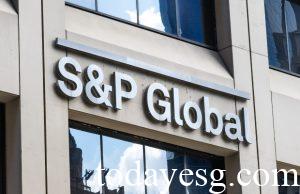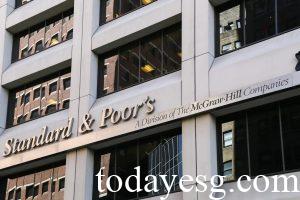
UK Plans to Regulate ESG Ratings Providers
UK government states that it will supervise ESG ratings providers and entrust this work to the Financial Conduct Authority

UK government states that it will supervise ESG ratings providers and entrust this work to the Financial Conduct Authority

Canada has successfully issued its second green bond, which is also the world’s first green bond to include nuclear energy

S&P Dow Jones Indices launches two biodiversity indices

The CFA Institute Research and Policy Center releases a report on responsible investment funds

The European Securities and Markets Authority releases a report on ESG fund performance during market turmoil

Goldman Sachs Asset Management launches the world’s first green bond ETF

S&P releases the global sustainable bond report, which provides an outlook for GSSSB bonds

The Hong Kong Monetary Authority (HKMA) announces the issuance of two-year multi-currency digital green bonds
Since United Nations Global Compact put forward the concept of Environmental, Social and Governance, the financial industry has always been an important driver of the development of ESG, and various types of ESG products have emerged in an endless stream. These products serve as a bridge between investors and companies, helping funds to be efficiently allocated to long-term assets.
Common ESG financial products include ESG bonds (such as green bonds, blue bonds, transition bonds, sustainable bonds, sustainable linked bonds), ESG funds and ESG indexes. Although these financial products are still facing problems such as greenwashing, they have indeed contributed to the development. Regulators are also trying to reduce the negative impact of these products.
ESG focuses on the improvement of long-term value, and ESG products are attracting long-term funds. In the current situation, balancing risk and return is an important topic, and ESG products will become an important choice for investors to allocate assets.